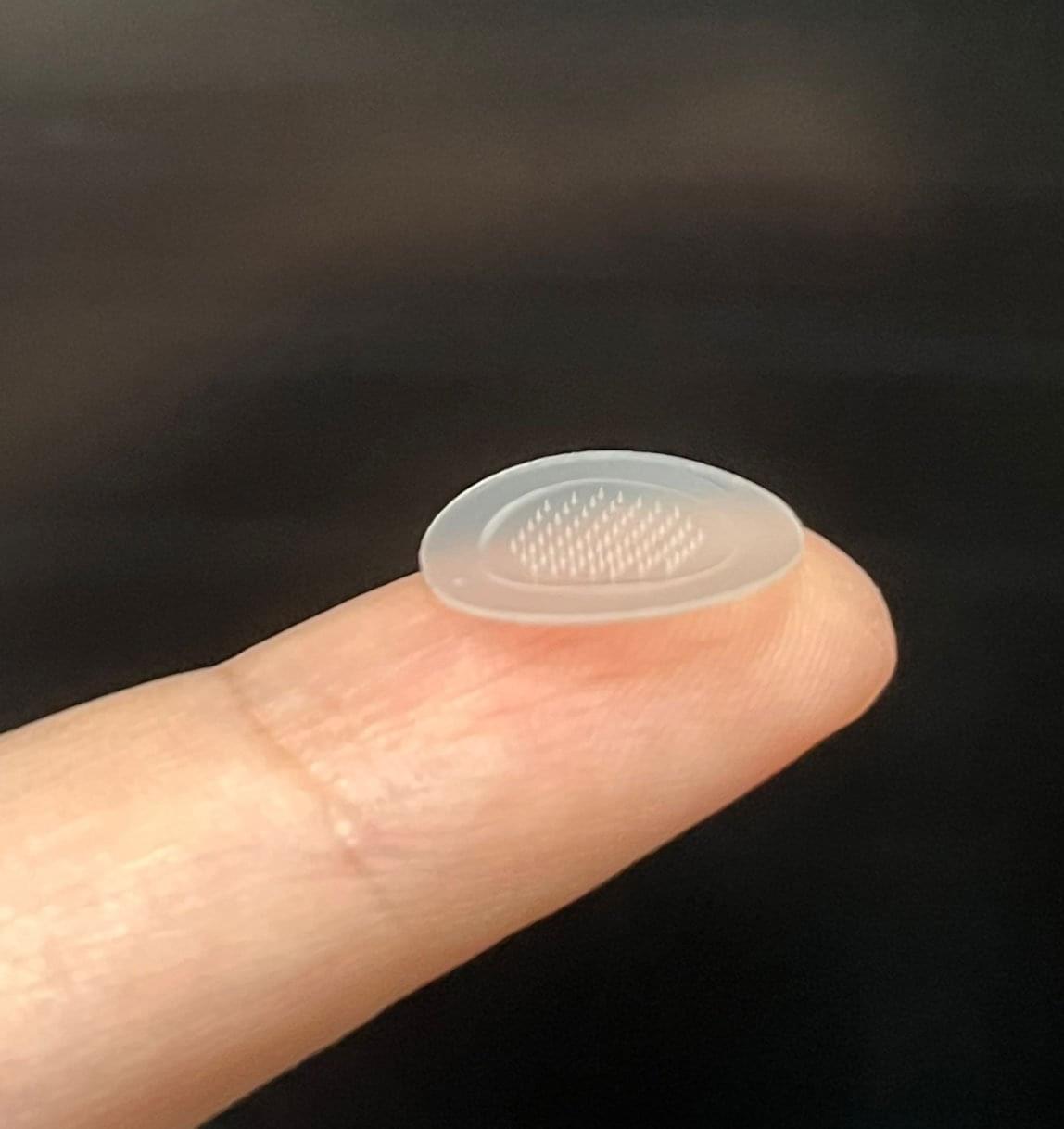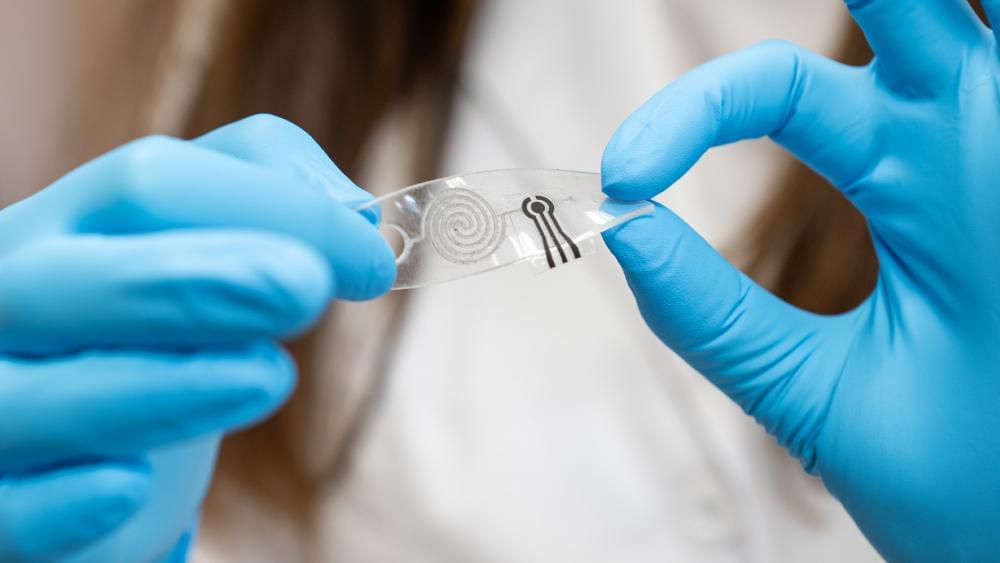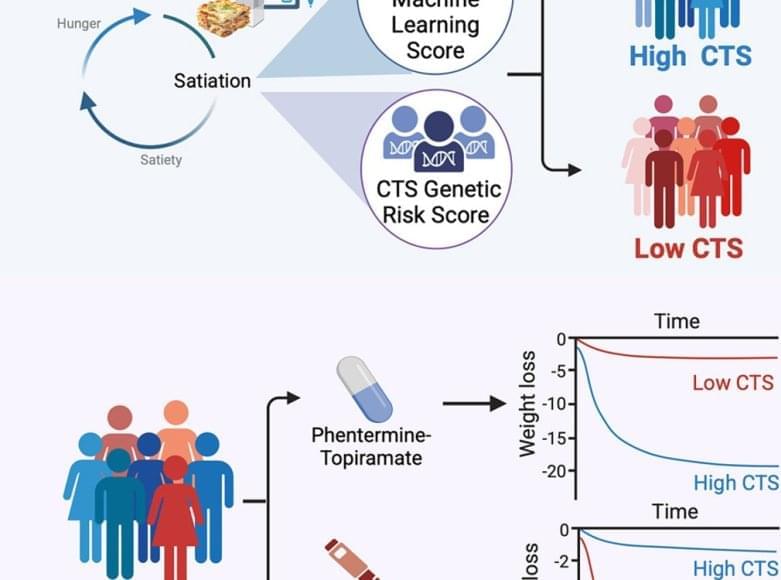To shed new light on the contribution of different brain regions and neural circuits to specific mental functions, neuroscientists and medical researchers rely on advanced imaging techniques and neural probes. These are electronic devices embedding electrodes, components that can measure the electrical impulses produced by neurons, which are known as spikes.
While existing probes have helped to map various networks of neurons and understand their functions, most of them have two-dimensional (2D) layouts. This is because they are made employing conventional semiconductor-based devices and fabrication strategies.
Researchers at Dartmouth College, University of Pittsburgh, Oklahoma State University and other institutes have developed a new approach that could enable the fabrication of soft three-dimensional (3D) neural probes on a large scale. Their proposed method, outlined in a paper published in Nature Electronics, entails the rolling of flat electronic devices into cylindrical 3D structures.









